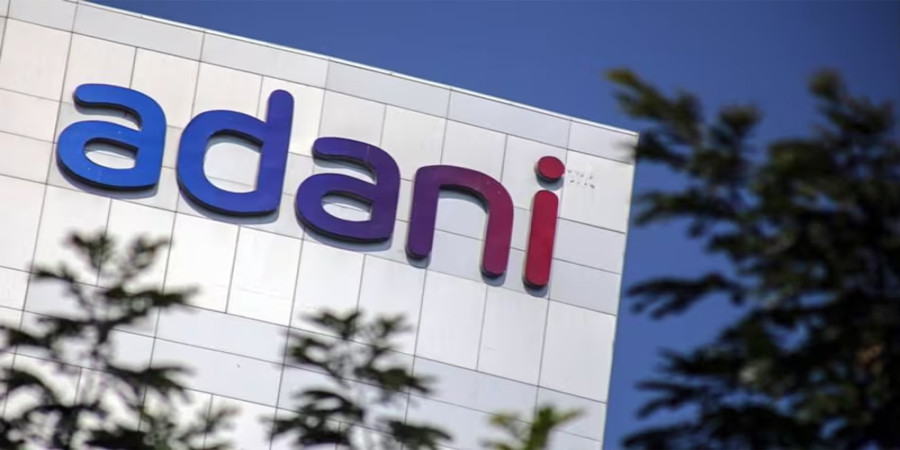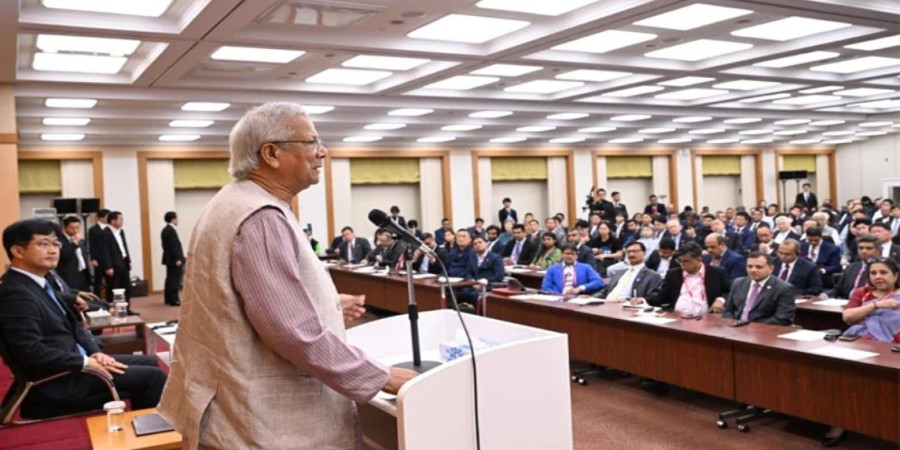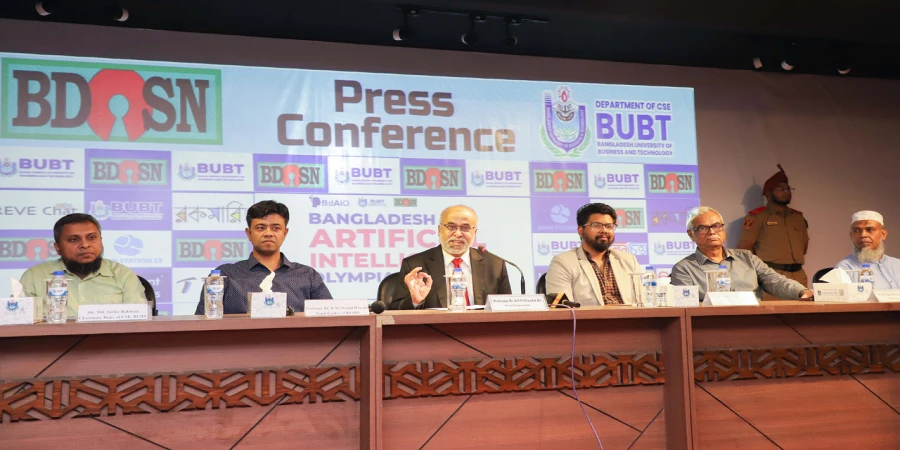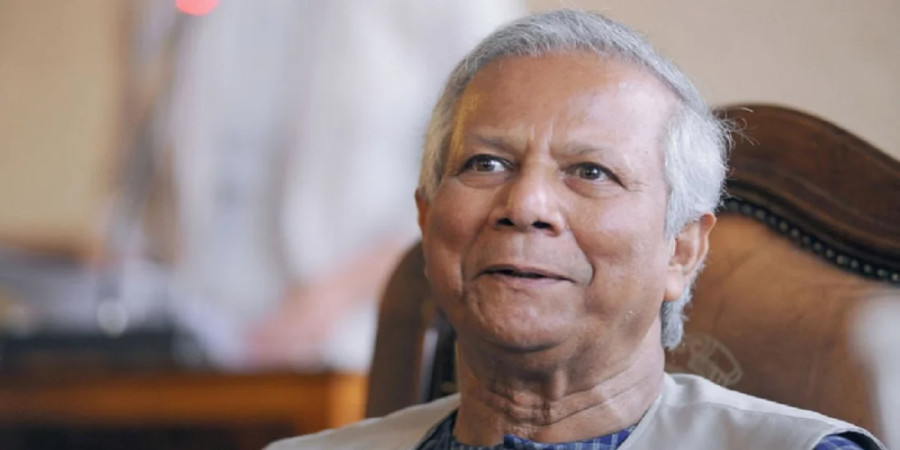
ছবি: Photo: Collected
Indian billionaire Gautam Adani, chairman of the Adani Group, and several of his associates have been charged with bribery and fraud by federal prosecutors in the United States. The charges, filed in a New York federal court on Wednesday, allege that Adani and his associates bribed Indian government officials to secure power project contracts while concealing critical information from investors. Consequently, a US judge has issued an arrest warrant against Adani.
These developments have sparked intensified criticism of Bangladesh’s power purchase agreement with Adani Power, with demands for its cancellation gaining momentum. Analysts view the US legal action as a positive sign for Bangladesh in addressing what has been widely criticized as an unfair and unethical deal.
According to reports from international and Indian media, the US prosecutors accused Adani, his nephew Sagar Adani, and former Adani Green Energy CEO Vineet Jain, among others, of paying $250 million in bribes between 2020 and 2024 to secure renewable energy projects in India. The group reportedly projected profits of $2 billion over 20 years from these projects.
To finance these ventures, Adani’s companies allegedly raised over $3 billion through loans and bonds based on misleading information. Investors from the US and other countries were among those who provided capital.
Presenting the evidence, US attorneys highlighted the systematic nature of the bribery scheme, which included multiple direct meetings between Adani and Indian officials. US Attorney Brian Peace stated:
"The accused orchestrated a complex scheme to bribe Indian officials to secure billion-dollar contracts and deceived international investors to raise funds. Our office remains committed to uprooting corruption from global financial markets to protect investors."
In 2017, Bangladesh signed a 25-year power purchase agreement with Adani Power to import electricity from a 1,600 MW coal-based power plant in Jharkhand, India. Since its inception, the deal has been criticized for favoring Adani and being against Bangladesh’s national interest. Critics have pointed out discrepancies in fuel costs and electricity pricing, labeling the agreement as lopsided and exploitative.
The controversy escalated earlier this year when Adani Power threatened to halt electricity supply over unpaid dues. Bangladesh Power Development Board (BPDB) currently owes Adani Power $732 million, with monthly payments exceeding $100 million. The financial burden has strained BPDB, whose overall debt now exceeds $4.5 billion.
Additionally, a National Board of Revenue (NBR) investigation revealed that Adani Power evaded $400 million in taxes and customs duties during the power import process, further fueling calls for a review of the agreement.
Bangladesh’s High Court recently directed a review of all contracts signed under the 2010 Quick Enhancement of Electricity and Energy Supply Act, including the Adani agreement. This act, deemed unconstitutional by the court, allowed direct contract awards without competitive bidding.
Muhammad Fawzul Kabir Khan, an advisor to the Ministry of Power, Energy, and Mineral Resources, stated:
"We are thoroughly reviewing all agreements under this law with the help of experts. The Adani agreement is also under scrutiny following High Court directives. We will take necessary actions if irregularities are found."
The government has formed a five-member committee to evaluate power sector agreements, with a focus on identifying provisions detrimental to the national interest.
The allegations against Adani have led to a sharp decline in the Adani Group’s stock value, with its market capitalization dropping by $27 billion in a single day. Adani Green Energy has canceled plans to issue $600 million in bonds due to the fallout.
In India, the political opposition has called for a parliamentary investigation into the matter. Congress leader Rahul Gandhi accused Prime Minister Narendra Modi of shielding Adani and demanded his immediate arrest.
Dr. Anu Muhammad, a prominent economist, stated:
"The US court’s actions against Adani are a welcome development for Bangladesh. The High Court’s directive to review the Adani deal should now incorporate these international developments. This agreement was never about power imports—it was about appeasing Modi through an unethical deal that harms Bangladesh. It’s time for the government to cancel this deal and prioritize domestic power generation."
Bangladesh’s interim government, formed in September, has shown intent to address issues in the power sector. However, experts emphasize the need for decisive actions, including reallocating funds from Adani Power to local power plants to strengthen domestic energy security.
As global scrutiny of Adani’s operations increases, Bangladesh finds itself at a crossroads: it can either continue with a controversial agreement or use this opportunity to assert its national interests and seek more equitable terms in energy partnerships.
repoter






